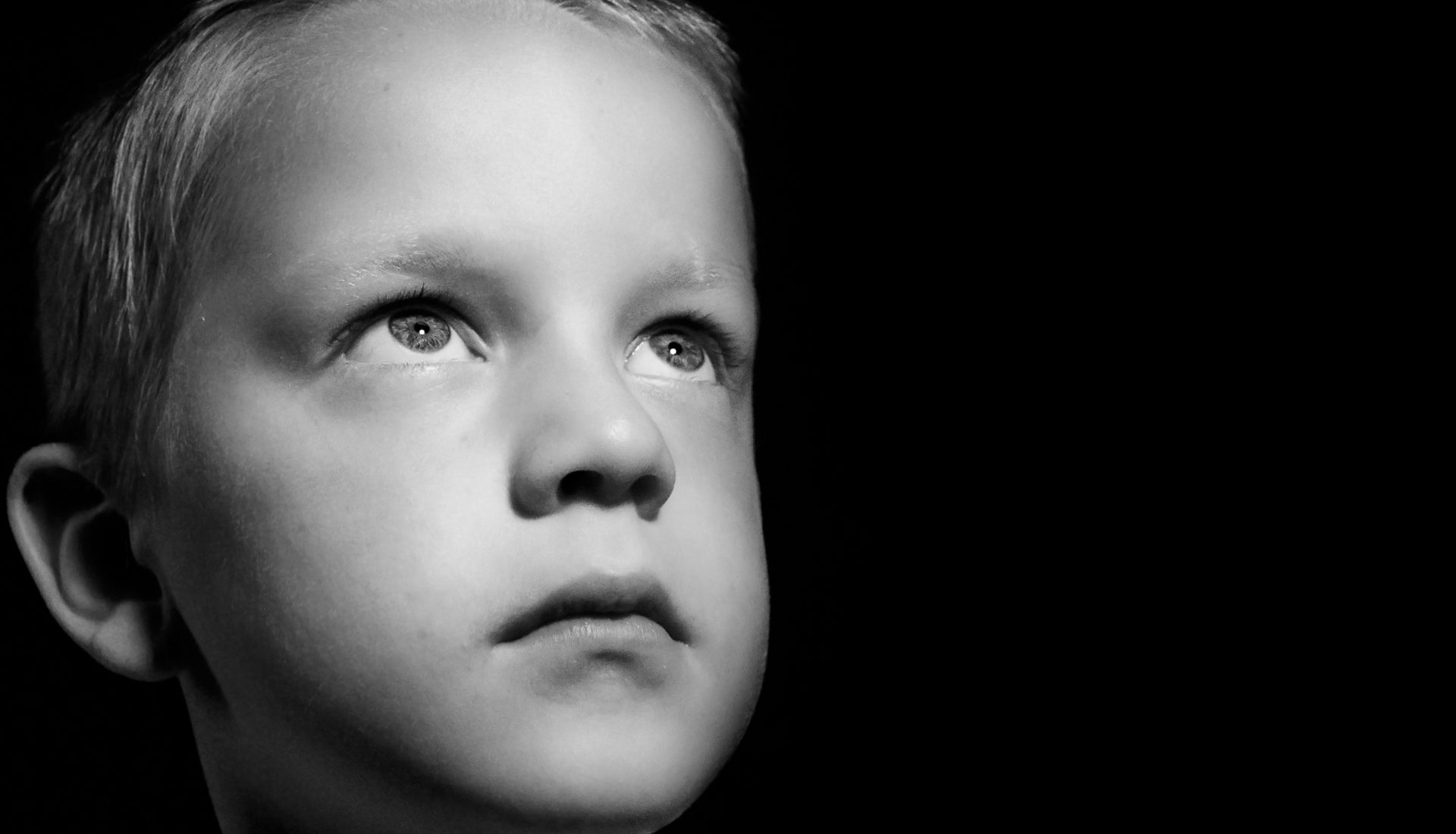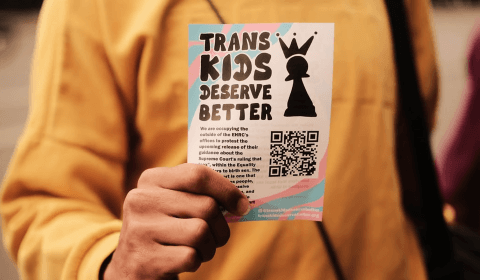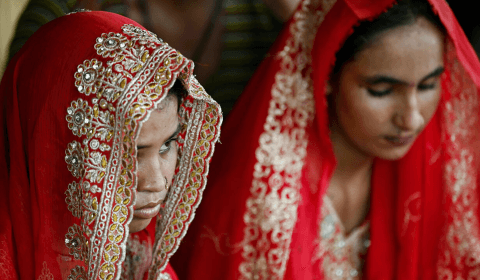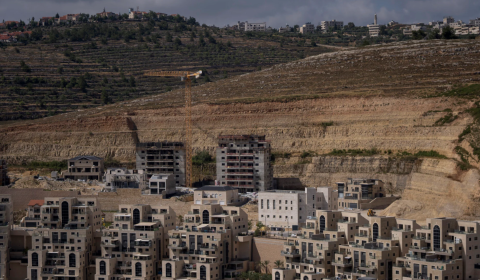A bill heading to the UK House of Commons this week does not go far enough to protect BAME or migrant survivors of abuse, say several charities.
Today (03/03/20) a long-awaited and much delayed domestic violence bill makes its debut in the House of Commons for its first reading. It was delayed by Boris Johnson’s decision to prorogue parliament in favour of an election last year. Human rights groups and women’s charities have been waiting for meaningful change to UK domestic violence policy for around 12 years now, and the prospect of the legislation has been broadly welcomed by them.
However, some groups are concerned that the laws do not go far enough to help children survivors, as well as migrant or black, Asian, and minority ethnic (BAME) women.
This bill has fallen victim to the same oversight that’s plagued much domestic violence legislation in the past – it fails to recognise that abused women with insecure immigration status often do not or cannot not seek help from the police for fear of being reported to the Home Office and detained, deported, or made destitute. Also, women with no visa or ID don’t have the same access to government refuge facilities, like shelter for example, and are often barred from them due to this lack of documentation.
Gisela Valle, the director of the Latin American Women’s Rights Service, told The Guardian that, ‘By neglecting to address the barriers experienced by migrant victims, the bill falls short of realising the government’s stated goals of protecting victims and tackling crime. All victims, regardless of their immigration status, must be able to report to the police safely and without fear, otherwise they cannot be protected, and their abusers will not be held accountable.’




















